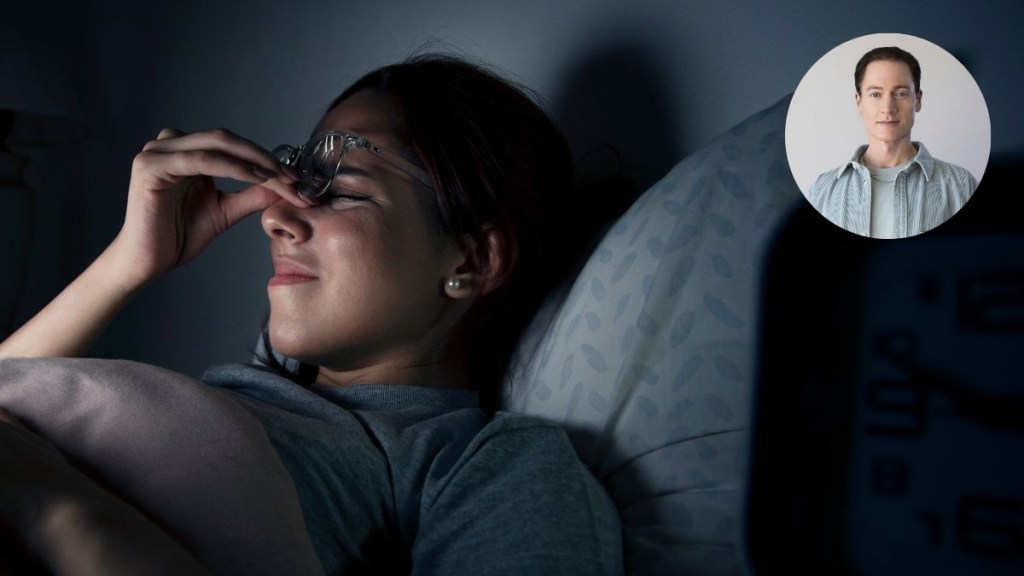If you often wake up in a cold sweat from disturbing dreams, it may be time to take your nightmares seriously. New research presented in June at the European Academy of Neurology (EAN) Congress 2025 has revealed a startling link between frequent nightmares and faster biological ageing, possibly even raising the risk of early death.
This study is the first to show a direct connection between chronic nightmares and accelerated ageing, with experts warning that these night-time terrors may reflect deeper stress-related damage within the body.
Nightmares as a red flag for your health
According to neuroscientist Abidemi Otaiku of Imperial College London, the body reacts to nightmares just as it would to real-life danger. “Our sleeping brains cannot distinguish dreams from reality. That’s why nightmares often wake us up sweating, gasping for breath, and with our hearts pounding – because our fight-or-flight response has been triggered,” he explained in the EAN press release.
This stress response causes a spike in cortisol, a hormone that has been strongly linked to cellular ageing. “For those who frequently experience nightmares, this cumulative stress may significantly impact the ageing process,” said Dr. Otaiku.
Nightmares also disrupt sleep quality and duration—both crucial for cellular repair and the body’s overnight healing. As a result, people experiencing regular nightmares may suffer from impaired biological recovery and premature wear-and-tear on the body.
19-year study reveals alarming patterns
The study tracked adults and children for up to 19 years, using reports from parents and relatives on the frequency of nightmares. Researchers found that people who experienced weekly nightmares showed signs of accelerated biological ageing, regardless of their age, gender, ethnicity, or mental health history.
Biological age was assessed using a marker called telomeres—the protective caps at the ends of chromosomes. Shorter telomeres are considered a sign of advanced biological age and greater susceptibility to age-related illnesses.
The results were alarming: adults who had nightmares once a week were more than three times as likely to die before the age of 70. Faster biological ageing was also linked to a 40 per cent higher risk of premature death.
Even those who had nightmares once a month weren’t off the hook. The researchers believe that any recurring pattern of nightmares could be a sign of deeper underlying health or emotional issues.
Bryan Johnson shares his sleep protocol
Longevity enthusiast and entrepreneur Bryan Johnson, known for his extreme anti-ageing lifestyle, shared his personal sleep routine on X (formerly Twitter) to help reduce nightmares and improve sleep quality.
2/ Reduce nightmare frequency by treating root causes and following a good sleep protocol. pic.twitter.com/rang82aO6c
— Bryan Johnson (@bryan_johnson) July 21, 2025
Here’s what he suggests:
- Avoid screens one hour before bedtime
- Calm the nervous system with journaling, reading, breathwork, meditation, or quality time with loved ones
- Cut out caffeine six hours before bed
- Avoid food and heavy workouts four hours before sleeping
- Stick to a consistent bedtime, going to bed within 15 minutes of your scheduled hour
- Bonus tip: Steer clear of emotionally intense conversations or arguments after 5 PM
Nightmares may seem like just bad dreams, but this new study suggests they could be your body’s way of sounding the alarm. Paying attention to your sleep, managing stress, and maintaining a healthy routine may not just give you peaceful nights, but possibly a longer, healthier life too.







